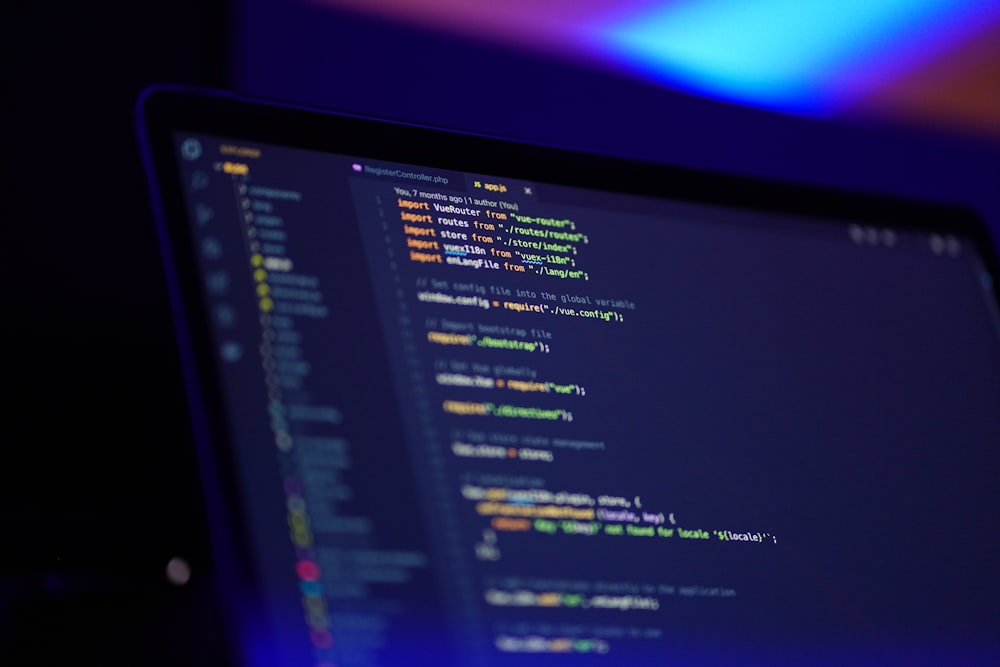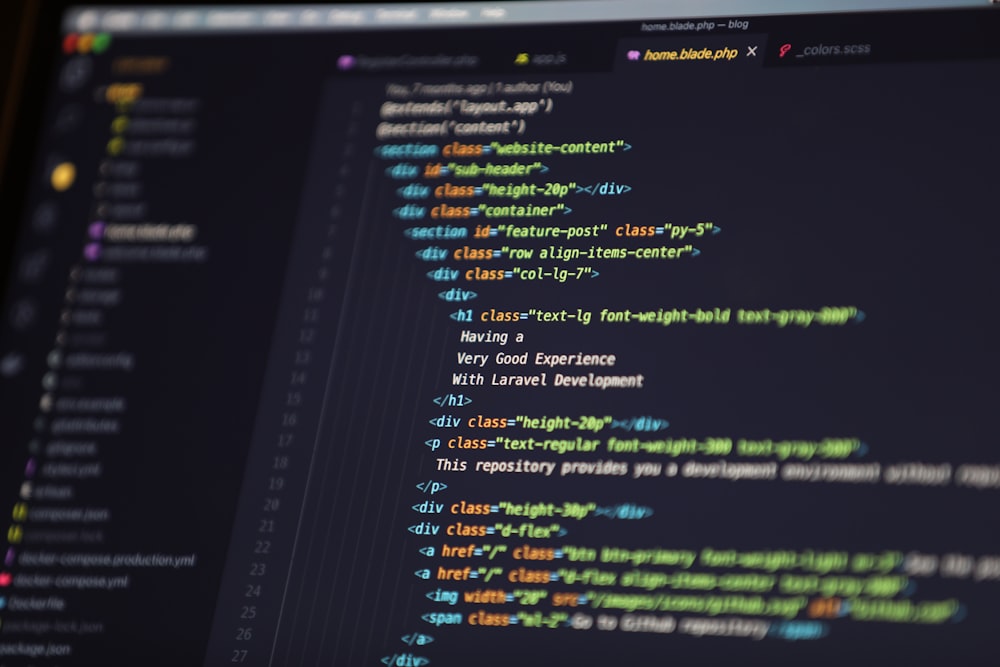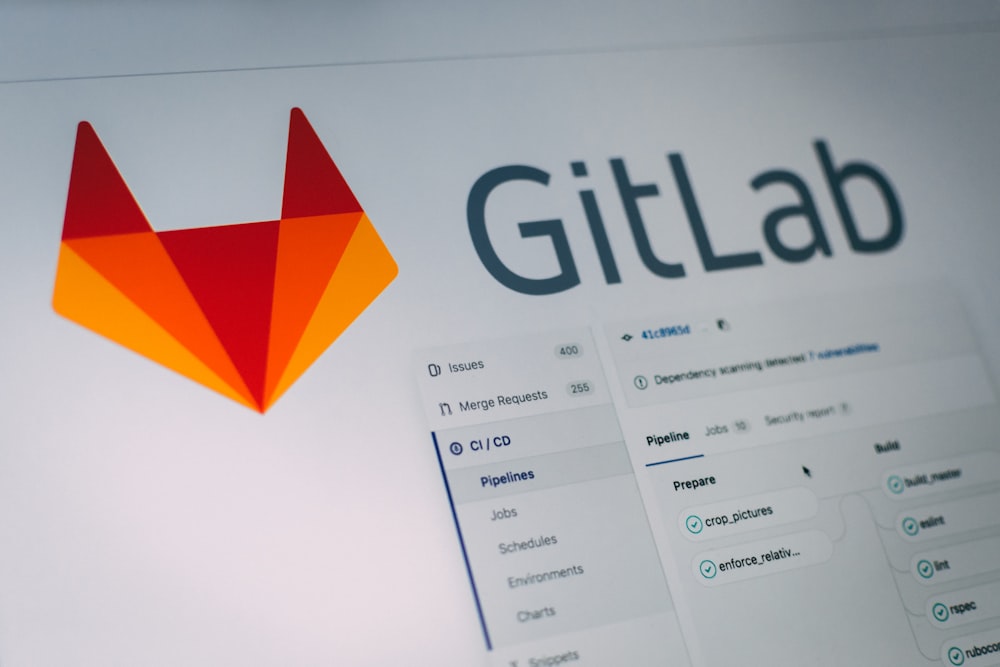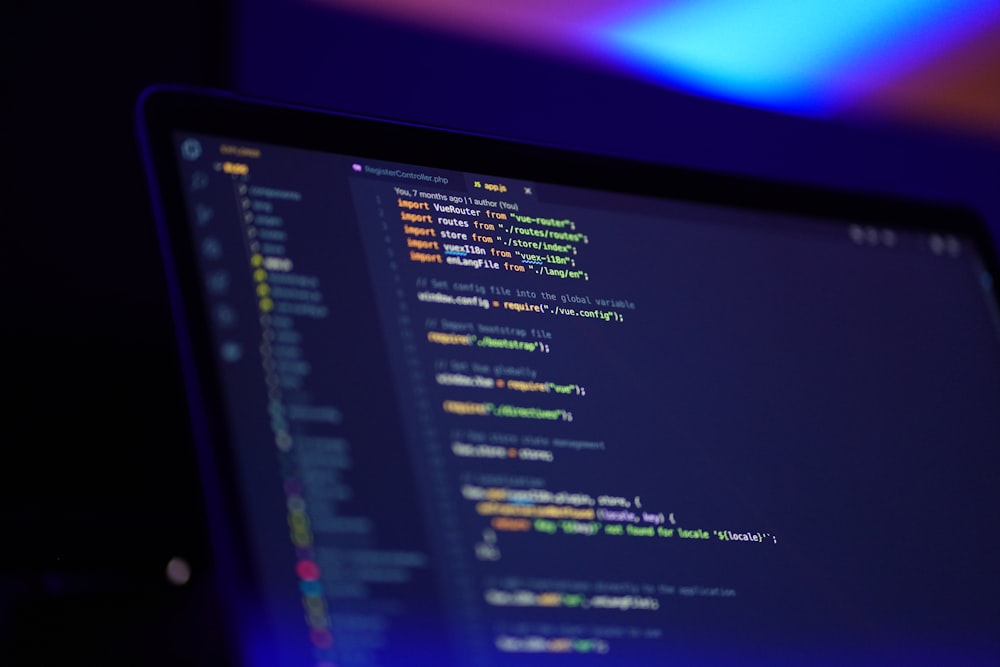Unleashing the Power of Python Programming Tips and Tricks
Navigating the Python Landscape
Python, renowned for its simplicity and versatility, stands as a cornerstone in the realm of programming. Aspiring and seasoned developers alike continually seek ways to optimize their Python coding experience. In this article, we delve into a treasure trove of tips and tricks that elevate Python programming to new heights.
Maximizing Efficiency
Efficiency reigns supreme in the world of programming, and Python is no exception. With an array of built-in functions, libraries, and syntactic sugar, Python offers myriad opportunities to streamline your code. From list comprehensions to lambda functions, mastering these efficiency-boosting techniques can significantly enhance your productivity.
Mastering Advanced Techniques
Beyond the basics lie a plethora of advanced Python techniques waiting to be harnessed. Decorators, context managers, and metaclasses are just a few examples of the powerful tools at your disposal. Understanding and leveraging these advanced features can elevate your code to new levels of elegance and sophistication.
Optimizing Performance
Performance optimization is a crucial aspect of Python programming, particularly when dealing with large-scale applications or computationally intensive tasks. Profiling your code, utilizing efficient data structures, and employing algorithmic optimizations are essential strategies for maximizing performance and minimizing execution time.
Embracing Best Practices
Adhering to best practices is paramount for writing clean, maintainable Python code. PEP 8, Python’s style guide, outlines conventions for code layout, naming conventions, and documentation. Following these guidelines not only improves the readability of your code but also fosters collaboration and ensures consistency across projects.
Harnessing the Power of Libraries
Python’s extensive ecosystem of libraries empowers developers to tackle a wide range of tasks with ease. From data analysis and machine learning to web development and automation, there’s a library for virtually every use case. Familiarizing yourself with popular libraries like NumPy, pandas, and requests can significantly accelerate your development workflow.
Cultivating Problem-Solving Skills
At its core, programming is about solving problems. Whether you’re debugging a pesky error or architecting a complex system, honing your problem-solving skills is essential for success. Embrace challenges, break problems down into manageable chunks, and iterate on your solutions until you achieve the desired outcome.
Continuous Learning and Growth
The field of programming is constantly evolving, with new technologies, frameworks, and paradigms emerging at a rapid pace. As a Python programmer, embracing a mindset of continuous learning and growth is essential for staying relevant and competitive in the industry. Explore new concepts, experiment with different tools, and never stop expanding your skill set.
Collaboration and Community Engagement
Python’s vibrant community serves as a valuable resource for learning, sharing knowledge, and networking with fellow developers. Engage with online forums, participate in open-source projects, and attend local meetups to connect with like-minded individuals and expand your professional network. Collaboration and community engagement not only foster personal growth but also enrich the broader Python ecosystem.
Conclusion
In the ever-evolving landscape of Python programming, mastering the language requires more than just technical proficiency. By leveraging advanced techniques, optimizing performance, embracing best










